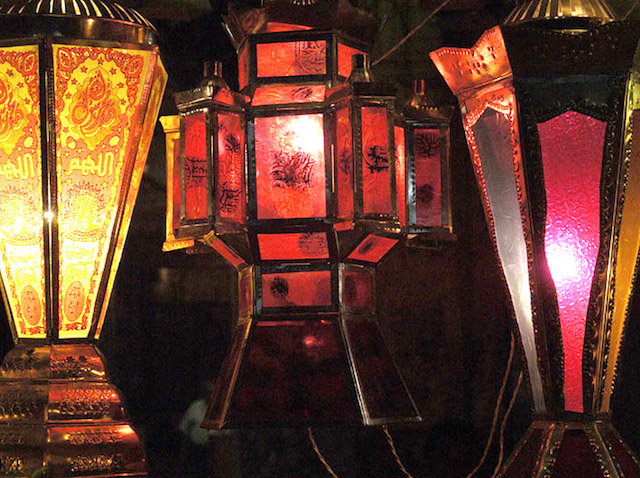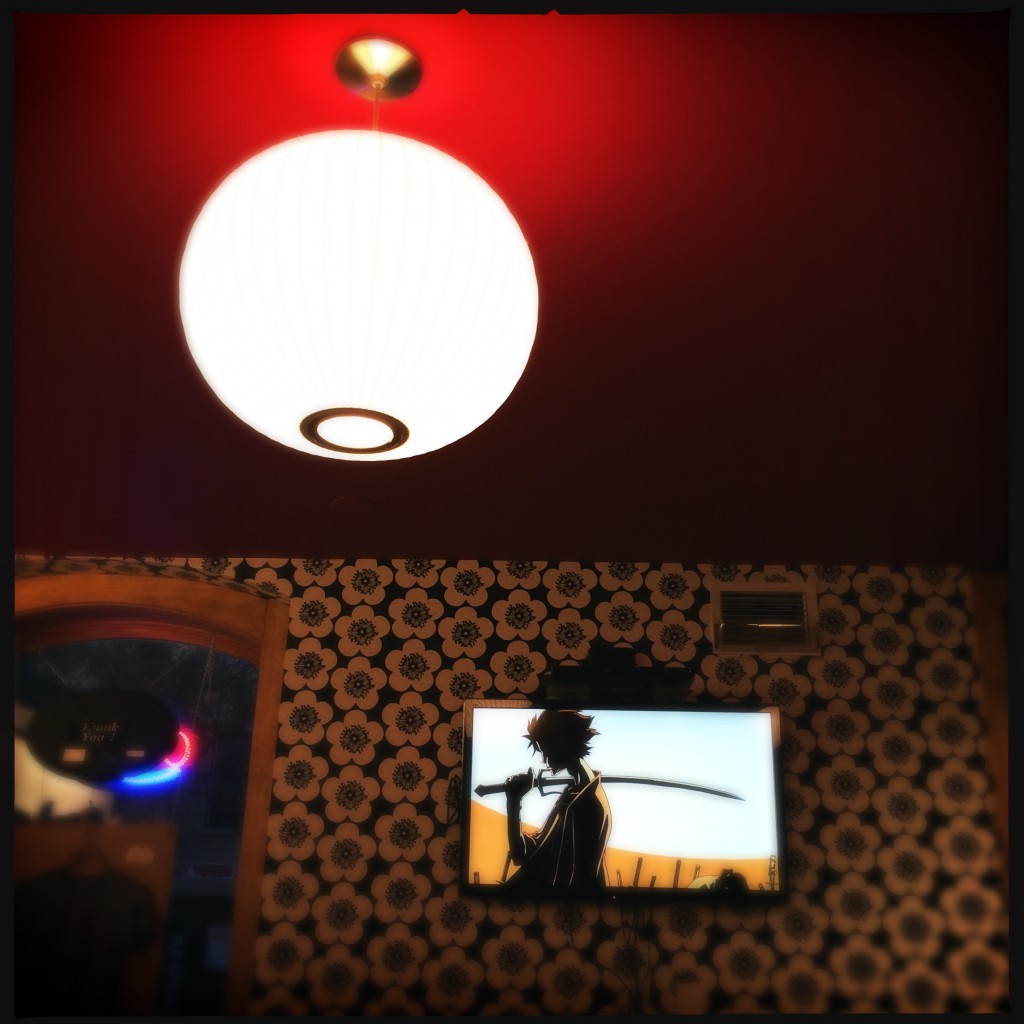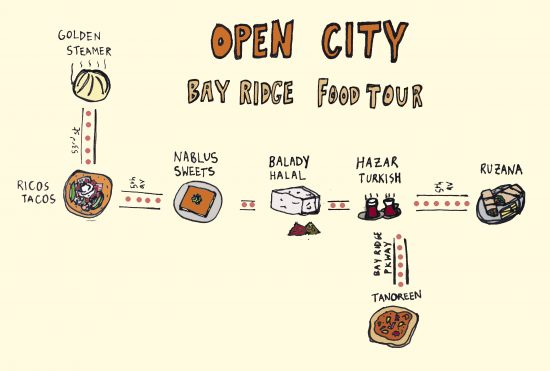“It’s always easier to fast with another person. We feed each other our hunger.”

July 25, 2014
This Ramadan marks the third year I’m reading Fasting for Ramadan: Notes from a Spiritual Practice by Kazim Ali (Tupelo Press, 2011). The book is divided into two sections, each a series of one-a-day prose meditations reflecting on his own experience fasting that year. Ali originally wrote the first section as a series on his blog; the other he wrote several years earlier in a private journal kept in a notebook.
At one entry per day, Ali manages to answer basic questions about the holy month and its traditions while capturing the way it feels to fast during Ramadan: at first, there can be “[s]o much energy in the morning” but “Last night I wilted, exactly like a flower without water.” He observes, “Fasting teaches you this: You have to move slowly.”
Each day of the fast I’ve made it a practice to read the corresponding entries in Ali’s book, often coming back to them again as the hours pass. This year I found myself gravitating towards two sets of lines in particular. The first is from the Day 2 in the second section of the book:
“Time was I woke without an alarm and slept with ease at night.
Now I have to struggle to rise in the dark, to feed myself, to prepare myself for a long day without food, a boat carved hollow so it can float on the surface of the sea.”
And also from the second section, Day 3:
“The hunger inside you, hold it.
Every time you pass someone or speak to them you know you have it.
…When you haven’t drunk any water you sag a little bit too, can’t remember where you’re going, even try to write less to save the ink in your pen.
Because when will you get another.
Body or pen.”
These are from the early days in the month, when the body and mind are suddenly thrown into a heightened, sometimes confused awareness. You’re expected to do active work in a passive condition. Energy between the two—mind and body, day and night—seems less compartmentalized. You begin to notice a fluidity. The body, a boat carved hollow, or a pen you can’t yet refill, fills itself with the hunger you carry inside. It’s a curious feeling. When you pass someone on the street, you wonder if they carry it too. You want to share, but how do you offer something hollow?
Ironically, I find myself wanting to describe Ali’s writing in terms of food: the portions are manageable, bite-sized, easy to digest when your strength, focus, and patience are limited. And though many entries reach deeper into questions on philosophy and religion, they don’t burden in the way that they might with more theoretical writing on the subject, especially on an empty stomach. The simple sentences are raw and wholesome, feeling at once grounded and weightless. While reading Ali’s thoughts on cooking or writing; or encountering a colleague at work, or a spider hanging in the doorway; or his exploration of a verse from the Qur’an, or a yoga posture; I notice that it’s hard to distinguish the difference between what we call ordinary and what we call divine. The practice is as much about how the fast moves through a person as how s/he moves through the fast. How this movement can feel expansive as well as limiting: “People in other bodies move through entire universes I know nothing about.” How a person’s relationship to it repeats with variation, over the years and over the days, because “[o]ne cannot do something only once and feel the full benefits sink into the patterns of the body.” Often its arduousness gets to you: “Day eighteen of the fast, I lie on the couch in the middle afternoon, a little tired of it all. Wishing I could just have a sandwich and a cup of coffee and get back to work.” And other times, though it’s difficult, you might experience that early awareness again, a sensation of being somehow afloat, “not of emptiness but a peculiar fullness of lack.”
“Fasting is a secret it is hard to tell,” Ali writes. It is perhaps even more a solitary activity than a communal one, which makes the book that much more a treat to read. And yet, it’s true that “[i]t’s always easier to fast with another person. We feed each other our hunger.” When I’m not surrounded by others who are fasting, the book becomes a companion. When I’m too tired to speak about it, it gives me a way to simply listen. And even this is for a time, because “[t]here is a rule, a rule of all matter in the universe, not just the fleshly human one:
“We love the garden, it is heaven, but we cannot stay.”
Regardless of whether or not someone embraces the month’s spirituality, perhaps its impermanence is the one thing we can all agree on.



